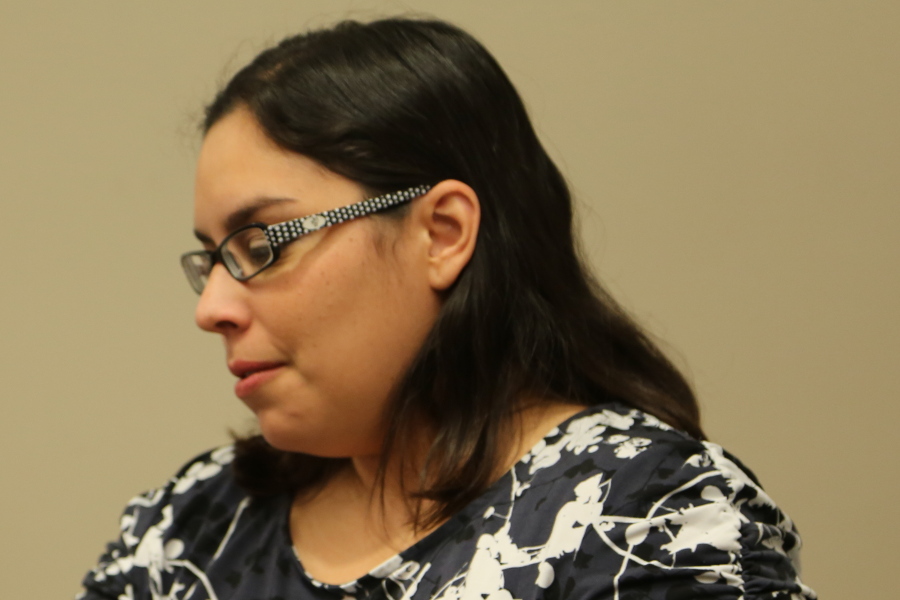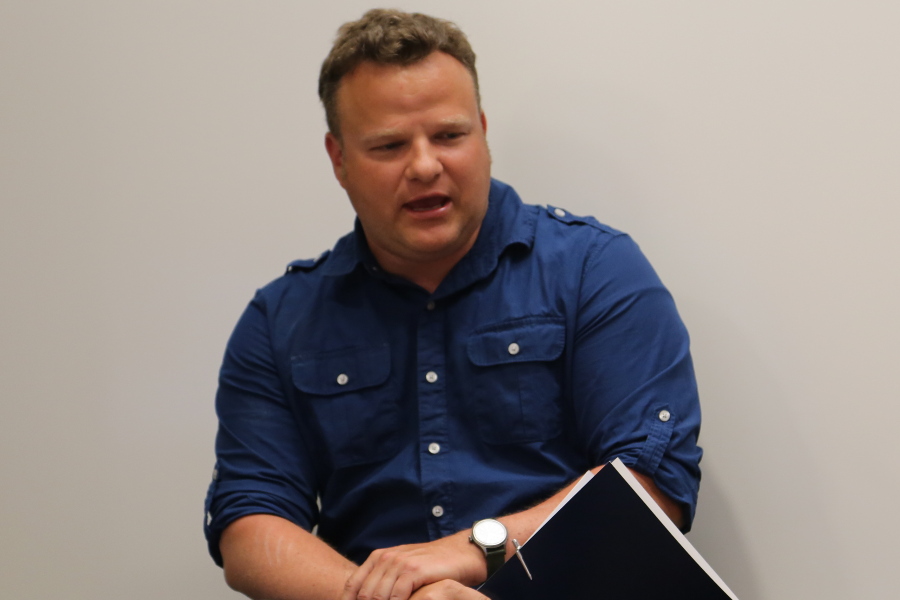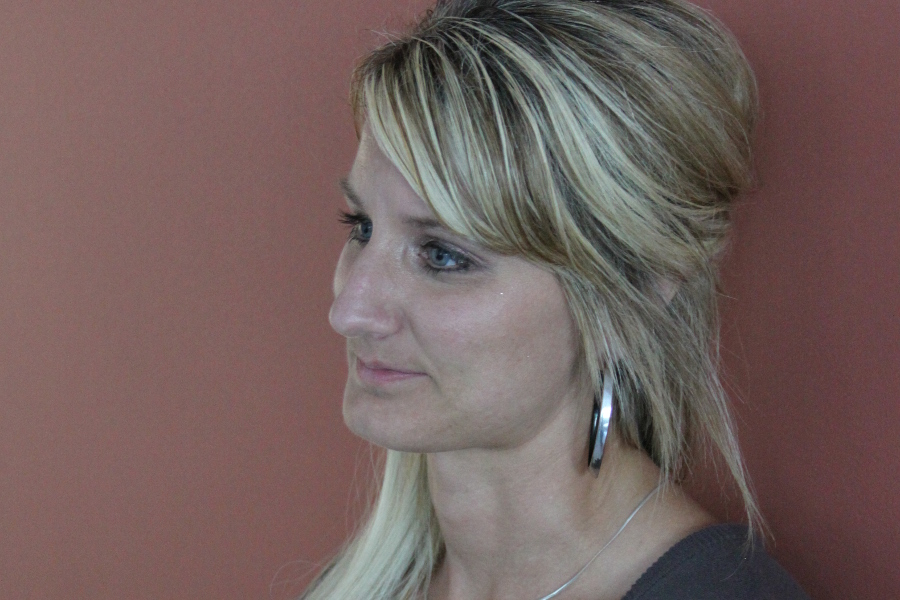2015 REU Students
(June 08 - August 15, 2015)
the best eight out of fifty seven applicants
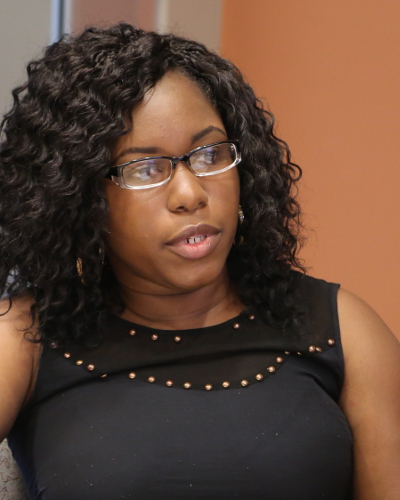
Alia Melvin
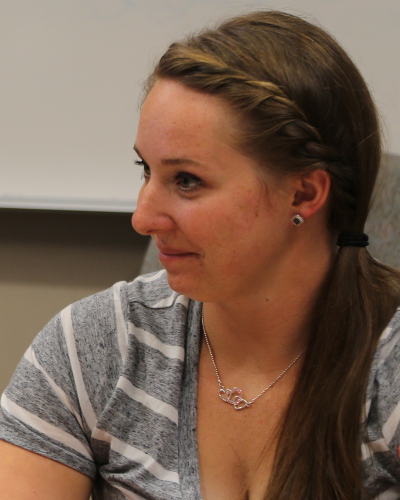
Kamyn Lynn Peterson-Rucker
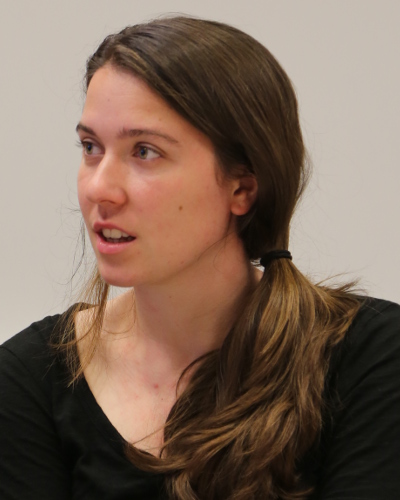
Colleen Kretzer
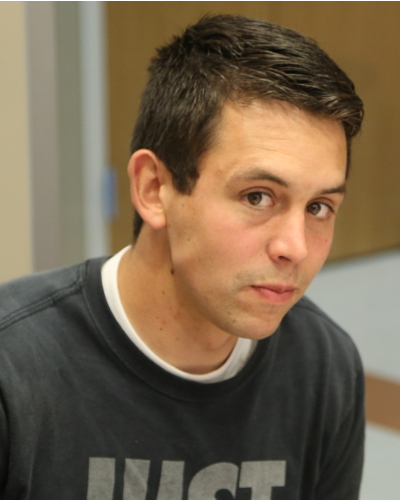
Eric Ashton Jessup

Bethany Tate Fronhofer
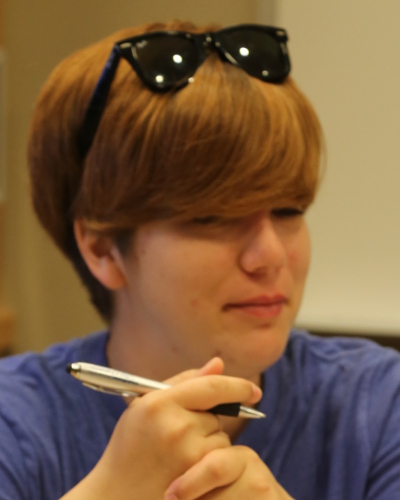
Sarah Jane Schott
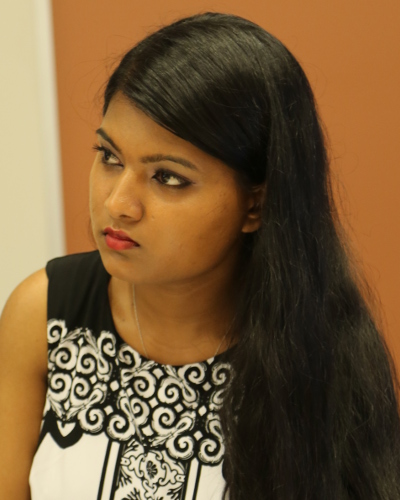
Nazmun Nahar
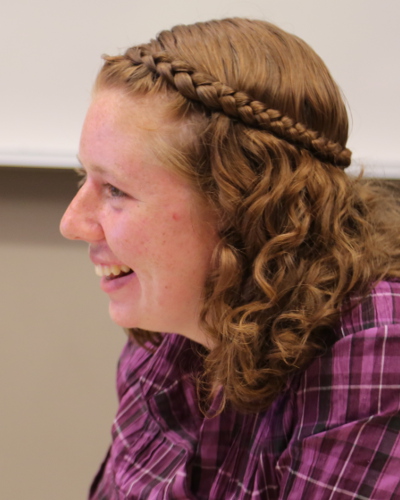
Sarah E Bell
Students' Origin
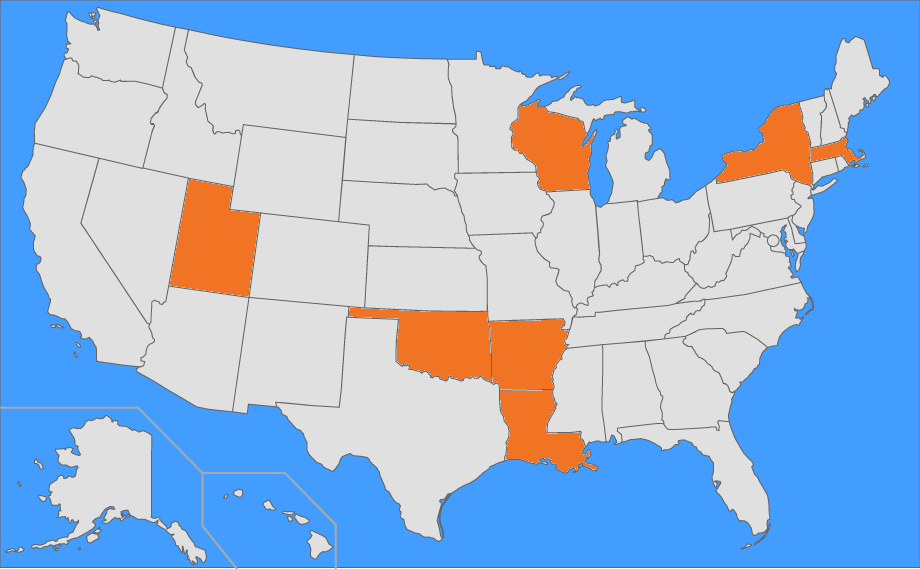
Activities in a Glimpse
On a typical day, students were either reading articles, having a discussion, or working on their research. At the end of the week, students were required to fill weekly reflection and attend the debriefing session. Some exceptions are listed bellow. Additionally, each Research Team has their own schedule.
Jun 08
Students' Check In and First Meeting
Filling up paper works and have a glimpse of the REU activities and research projects.
Campus and Office Tour
Moe (graduate mentor) was there to help you getting familar with USU Logan-campus and office area.
Jun 09
First Research Group Meeting
Meeting of the research group to make plan for the rest of the weeks.
Seminar: Self-Regulated Learning: What is it?
Attend Dr. Lawanto's (faculty mentor) presentation and ask a lot of questions.
Focus Group Interview Part 1
Tell us about you!
Movie Time: Extreme Measure
Learning about the important of ethical issues in human research.
Jun 10
Seminar: Educational Data Analysis with SPSS
Attend Dr. Fang's (faculty mentor) presentation and ask a lot of questions.
Jun 11
Everything about Institutional Review Board (IRB)
Institutional Review Board (IRB) online training and certification.
Jun 12
Seminar: Curriculum and Research: Developing an Educational Research Question
Attend Dr. Fang's (faculty mentor) presentation and ask a lot of questions.
Jun 15
Seminar: A Brief Introduction to Qualitative Methods
Attend Dr. Goodridge's (faculty mentor) presentation and ask a lot of questions.
Jun 26
Seminar: Responsible Research
Attend Dr. Goodridge's (faculty mentor) presentation and ask a lot of questions.
Jul 09
Formative Assessment
Formative assessment with Dr. Lubke and Andreas (graduate mentor).
Aug 06
Research Group Presentation
Tell me everything: your research approaches/results; what you learned.
Aug 07
Summative Assessment
Summative assessment with Dr. Lubke and Moe (graduate mentor).
Focus Group Interview Part 2
Tell us about your experiences!
Farewell Dinner
It is time to say good bye!
Aug 15
Final Research Report
Send your final report (word format) by email to your faculty mentor.
Mentors and Staff

Andreas Febrian
Graduate Mentor
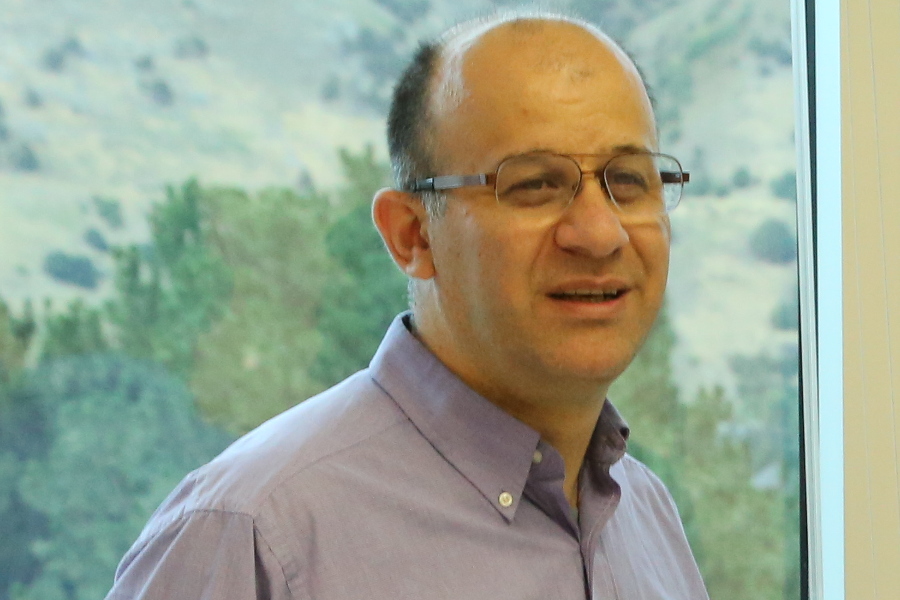
Seyedmohammad (Moe) Tajvidi
Graduate Mentor

Maria Manuella Valladares
Graduate Mentor

Ben Call
Graduate Mentor
Research Projects
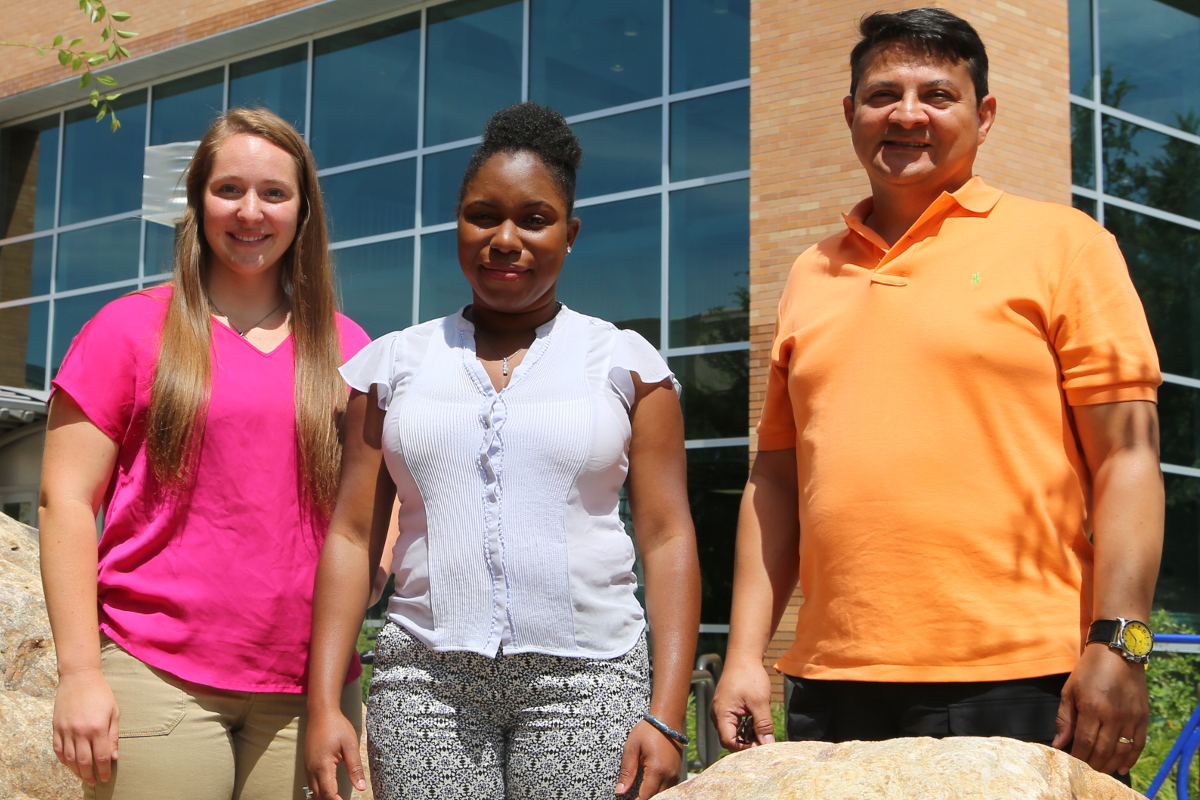
#1 - The Role of Self-Regulation in Problem-Solving Activities using Computational Thinking Strategies: A preliminary study
This research will provide REU students authentic experience conducting an engineering education research and a deeper understanding of self-regulation in problem-solving. When confronted with a problem or task, a learner usually begins with generating thoughts, feeling, and actions to attain the best solution to that problem. The self-generated thoughts, feeling, and actions are called self-regulated learning. Numerous studies suggest that SRL is a significant predictor of a learner's academic performance.
The goal of this research is to understand how student's self-regulation strategies are used while solving a problem. The specific focus of this research will be on the use of self-regulation strategies commonly applied to solve problems requiring recursive and non-recursive mechanism. Thinking recursively is one of the strategies of computational thinking. Our hypothesis is that students with experience in applying a computational thinking strategy will use different self-regulation strategies than less experienced ones. Computational thinking is popularly defined as a way of solving problems, designing systems, and understanding human behavior that draws on concepts fundamental to computer science. Self-regulation plays an essential role in computational thinking as it requires unique thought processes to bridge the problem to solution space.
Researcher
- Alia Melvin (Lehman College)
- Kamyn Lynn Peterson-Rucker (University of Wisconsin-River Falls)
- Andreas Febrian (Graduate Mentor)
- Matthew Cromwell (Graduate Mentor)
- Oenardi Lawanto, PhD (Faculty Mentor)
Activities
- Reading background literature
- Refining data collection instrument
- Collecting data
- Video transcribing
- Thematic coding
- Coding categorization
- Presenting research process and results
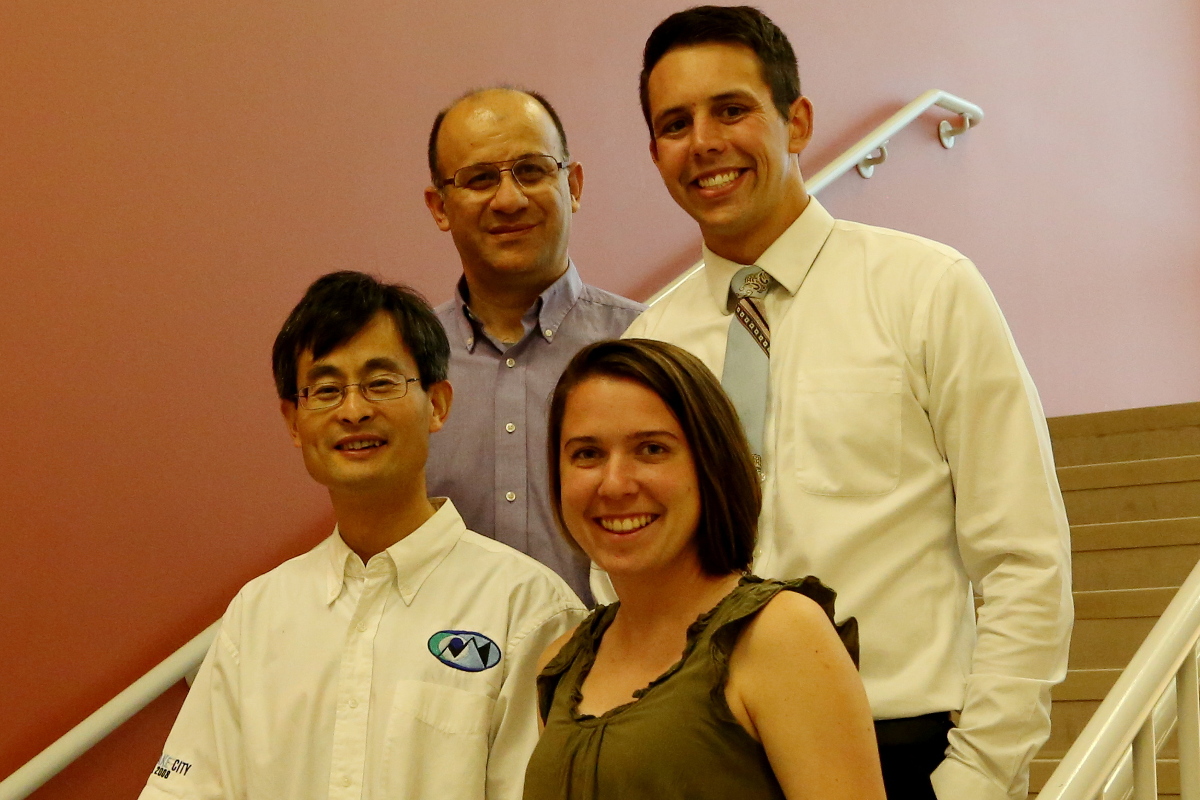
#2 - Effect of Computer Simulation and Animation on Students' Motivation, Self-Regulating, and Cognitive Strategies in Engineering Dynamics
The research focuses on a particular computer simulation and animation (CSA) learning module on the Principle of Angular Impulse and Momentum, which was particularly designed for engineering dynamic, a foundational yet difficult undergraduate engineering course. The overall goal is to study the effect of computer simulation and animation (CSA) on students' metacognitive knowledge in engineering dynamics.
The primary research question is: Is there correlation between student metacognitive knowledge and cognitive skills in solving engineering dynamics problems with a computer simulation and animation module? If yes, to what extent are student metacognitive knowledge and cognitive skills correlated? REU students, working in a pair with a graduate student mentor and a faculty mentor, to conduct qualitative and quantitative research including data transcription, coding, and analysis.
Researcher
- Colleen Kretzer (University of Arkansas)
- Eric Ashton Jessup (Utah State University)
- Seyedmohammad (Moe) Tajvidi (Graduate Mentor)
- Ning Fang, PhD (Faculty Mentor)
Activities
- Reading background literature
- Thematic coding
- Coding categorization
- Presenting research process and results
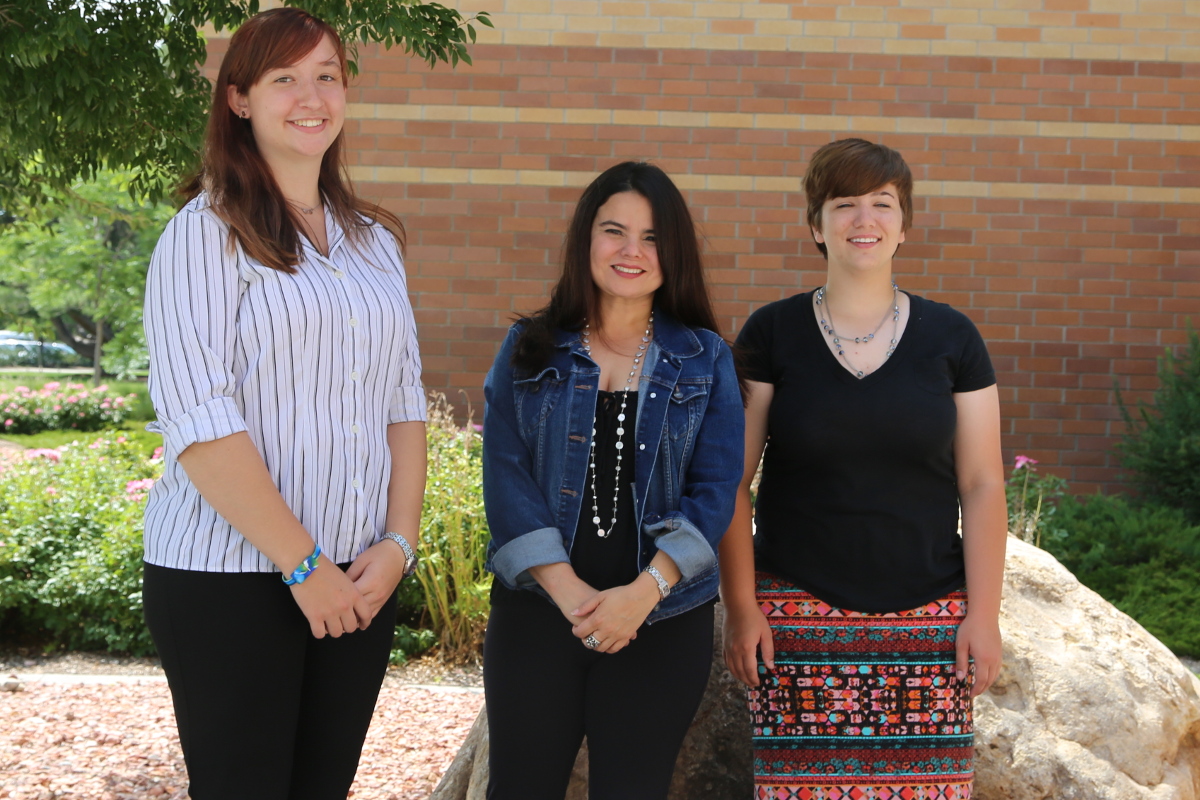
#3 - Creative Problem-Solving in Engineering Design Student Projects
The goal of this research is to explore the strategies employed by undergraduate students undergoing a research experience for the first time. Research experiences for undergraduates are the caveat of professional development in areas of science, technology, engineering, and math (STEM) and are established to promote professional competencies complementary to the classroom. Through this work, an REU trainee will help us explore, using a mixed methods design, the undergraduate research experiences for student groups in STEM that are new to research. The research parallels recent work using qualitative and quantitative measures to explore student engagement during professional development activities in the classroom. Coded and de-identified data from the latter will be used as a training tool for the REU.
REU students will learn about mixed methods design, how to create and conduct interviews and surveys, how to collect and analyze data sets through transcription and coding methods, and how to present their findings to an educational and research audience.
Researcher
- Bethany Tate Fronhofer (Wentworth Institute of Technology)
- Sarah Jane Schott (Louisiana State University)
- Maria Manuella Valladares (Graduate Mentor)
- Idalis Villanueva, PhD (Faculty Mentor)
Activities
- Reading background literature
- Presenting research process and results
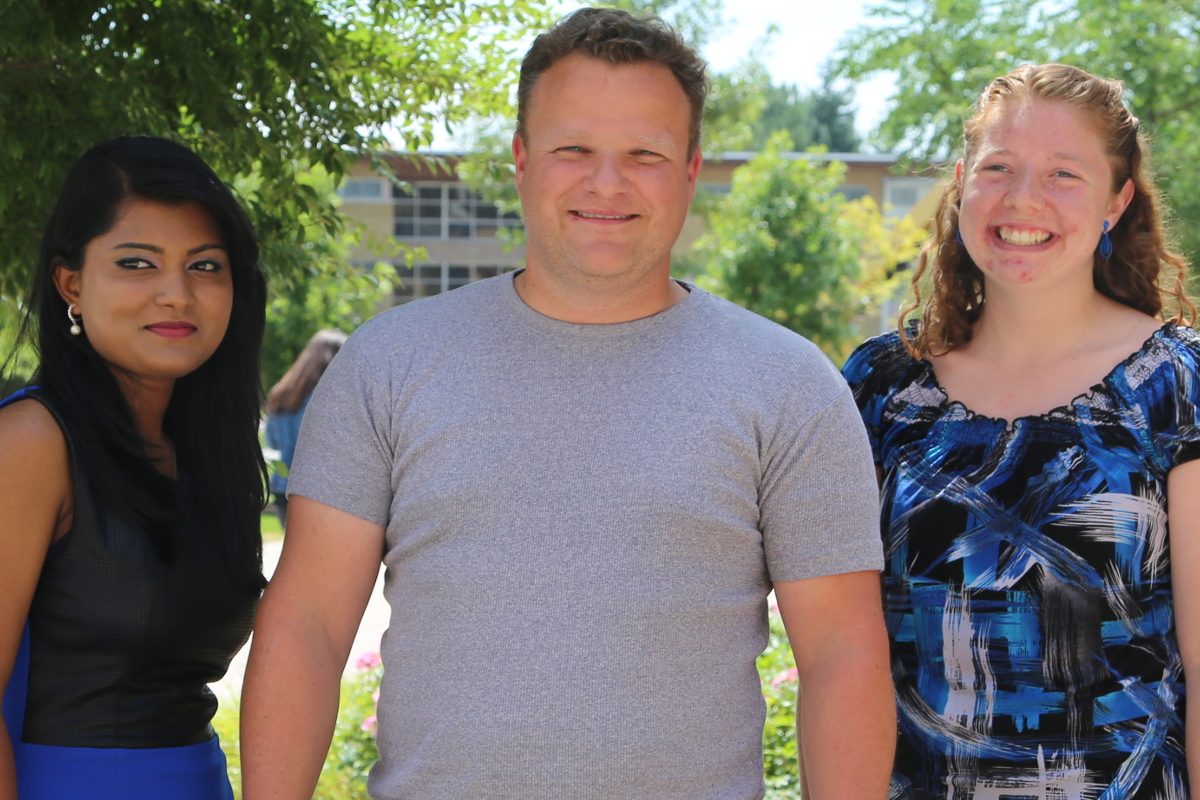
#4 - Mindsets and Spatial Thinking in Engineering Mechanics
The target of this REU project involves the understanding of correlations between mindsets and spatial thinking in engineering mechanics. Spatial thinking refers to thinking that finds meaning in the shape, size, orientation, location, direction or trajectory, of objects, processes or phenomena, or the relative positions in space of multiple objects, processes or phenomena. It is tied to an individual's ability to conceptualize how objects and forces interact: a process that has implications to many engineering mechanics courses. Higher spatial thinking capabilities have been shown to be an attribute of successful engineering students as well as professionals. However, many students enter engineering with moderate or low spatial ability. In one application, mindsets focus around an individuals desire to persist working towards a goal when faced with adversity. They have impacts upon success.
This project aims to target and discover any relationship that may exist between a student's grit and perception of their success in engineering (their mindset) and their spatial thinking.
Researcher
- Nazmun Nahar (Lehman College)
- Sarah E Bell (Oklahoma Christian University)
- Ben Call (Graduate Mentor)
- Wade Goodridge, PhD (Faculty Mentor)
Activities
- Reading background literature
- Creativity assessment analysis
- Quantitative data analysis
- Statistical tests for significance
- Outlier analysis
- Video transcribing
- Presenting research process and results
Testimonies
Alia Melvin (Lehman College)
"One valuable experience that I encountered was learning the process of research. This experience made me consider going into educational research after doing a few years of teaching. ... Another valuable experience that I encountered was learning about self-regulated learning. ... I also liked that we had to self-regulate ourselves during the process of doing the research."


Kamyn Lynn Peterson-Rucker (University of Wisconsin-River Falls)
One of my most valuable experiences didn't exactly directly come from the research part of the program, but instead it came from meeting the people I was surrounded by. Both the other researchers and the people I met out here in Utah have molded me into more of who I am. I was able to discover some real things about myself and my life and have experiences I never even imagined I would have this summer being so far from home.
Colleen Kretzer (University of Arkansas)
"I have learned an incredible amount about research in general, and specifically qualitative research, about myself, and about working with others on a team. Before coming here I had read many research papers for my physics and education studies, some qualitative and some quantitative, but I never understood what exactly qualitative research entailed. ... I loved being able to feel comfortable talking to [my mentors]. It is one of the best experiences I have ever had working with a professor. They were interest in me, my learning, and our research."


Eric Ashton Jessup (Utah State University)
I learned that with research, I should do small but quality amounts of work then collaborate...
Bethany Tate Fronhofer (Wentworth Institute of Technology)
I learned a lot about what self-regulated learning is, and how to apply self-regulated learning to my own learning to help me improve as a student. I also learned a great deal about the research process and how all of the steps of that process work. I especially learned a lot about qualitative research and how to accurately code data related to a qualitative research project. ... Among all of these things, I also learned a great deal about myself and how well I work in various situations, as well as how good I am at working hard on a project and putting my all into what I am doing.


Sarah Jane Schott (Louisiana State University)
"I have realized that Educational Research is more than just observing how students learn. When I first arrived, I thought that I would be interviewing students in order to see how they learned a particular topic. Counter to my initial belief, Educational Research involves scrutinizing responses, and coming to a tough agreement with a research partner. It involves so much more communication than I previously thought."
Nazmun Nahar (Lehman College)
"The process of educational research is very rigorous and systematic. It is very important to interpret the results and the findings of educational research within the context they were discovered... Being involved in a research project allows you to learn so much not only about your field but also about yourself."


Sarah E Bell (Oklahoma Christian University)
I learned that engineering education is fun, fascinating, relevant, important, and approachable. I DEFINITELY want to go into engineering education research!!




